By Sophia Deschler RN, BSN, RN | BSN
Updated on February 13, 2024
Published on September 26, 2023
Fact Checked

Get latest news, updates, and trends on mental well-being
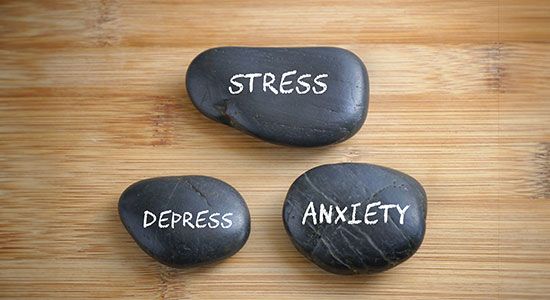
Struggling with your mental health can be overwhelming. But you are not alone, even if it often feels that way. Anxiety and depression are two common mental health disorders, with anxiety affecting nearly 40 million adults1 in the United States and depression affecting 280 million.2
Even though these conditions are common, they shouldn’t be considered “normal.” When anxiety and depression persist, they can seriously get in the way of day-to-day life.
Navigating through emotional and physical symptoms can be challenging, but understanding the signs and knowing when and how to get help can help you feel better.
This article will cover signs of anxiety and depression to look out for and how to get help. So, as you read on, remember that you’re taking a brave step towards reclaiming your life, and support is available to help you along this journey.
Some anxiety is normal in life – such as getting nervous before a test or job interview. When anxiety gets out of hand, you can experience nervousness or worry, even in normal situations.
Signs and symptoms of anxiety include:
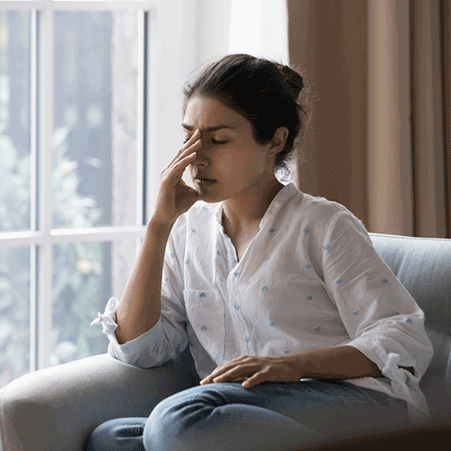
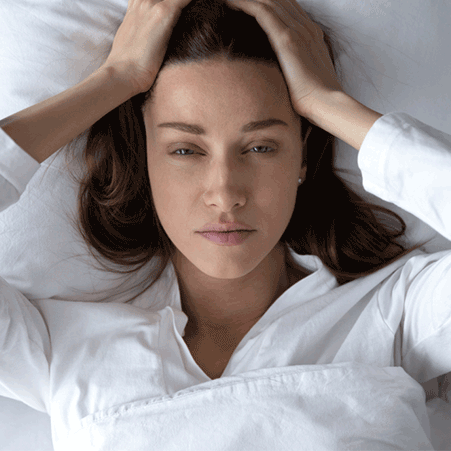
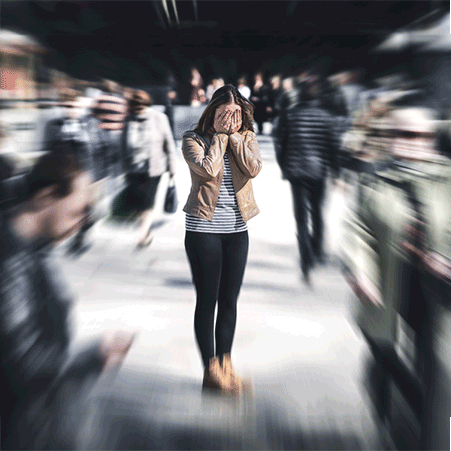
There are different types of anxiety disorders,3 including:
Signs of anxiety vary. Some anxiety signs in adults are emotional, while others are physical.
Emotional signs of anxiety include:
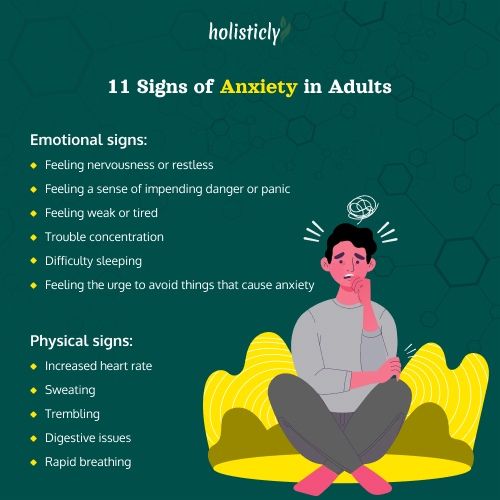
Physical signs of anxiety include:
If you have anxiety that consistently affects your everyday life, seek professional mental health support from a counselor or psychiatrist.
Anxiety can be acceptable and even helpful in some situations, but when it starts to worsen and get in the way of your life, it may be time to seek help.
Signs that anxiety may be worsening include4:
Depression is a mood disorder that causes feelings of sadness. When you are depressed, it can affect how you think, feel, sleep, eat, and handle daily activities.
Depression is characterized by feelings of low motivation and sadness.5
There are a couple of different types of depression, including:

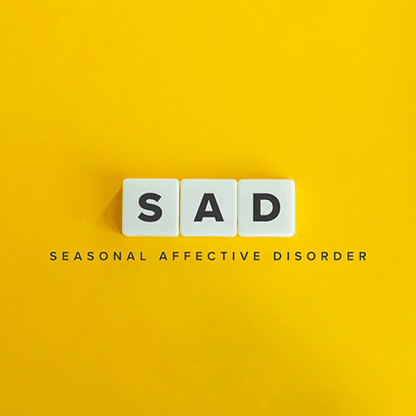
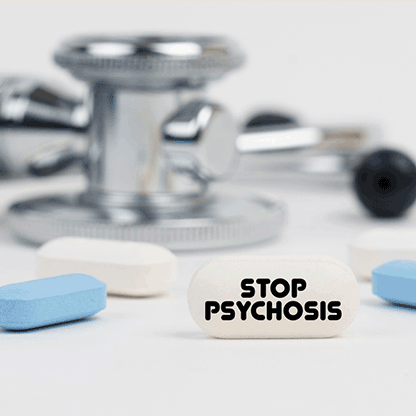
Signs of depression6 can be categorized as being either emotional or physical.
Emotional signs of depression include:
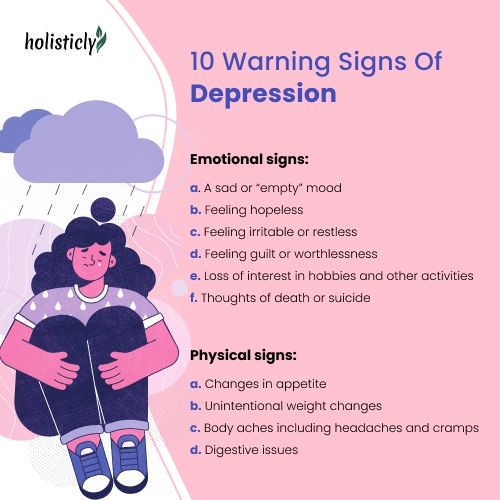
Physical signs of depression include:
If your depression is getting worse, then you may need to seek out professional help. The following signs may indicate that depression is worsening and needs immediate attention.
You may have already noticed that both anxiety and depression have some similar symptoms. Many people experience both anxiety and depression together. Some experts state that about 60% of people7 who experience anxiety also show signs of depression.
Symptoms that could indicate either anxiety or depression include:




Anxiety and depression can also feed into each other. This means that if one worsens, the other could decline as well. This also means that working on and improving one condition may help to improve the other.
The main way that mental health professionals diagnose anxiety and depression8 is by talking with you to evaluate and understand your symptoms. They will ask about what you’re experiencing to help figure out what may be causing the issues and determine how serious it is.
Your doctor may also recommend some medical testing to ensure that an underlying medical condition, such as hypothyroidism, isn’t causing the issue.
If you’re dealing with anxiety and depression as an ongoing issue, it may be time to seek professional help. Some steps you can take include:



Various helpful online resources are available to help with depression and anxiety. The Anxiety & Depression Association of America (ADAA) website lists community resources targeted at specific populations (such as women, teens, children, military members, and more).
A 24/7 free national helpline is also available through SAMHSA, offering mental health and substance abuse support for those in need.
Anxiety and depression may be common, but that doesn’t mean you must let these mental health challenges go untreated.
If you’re experiencing symptoms of anxiety or depression – or both – it is crucial to seek support. You can talk to a mental help professional who can diagnose you or speak to a therapist who can help you verbalize your feelings. A professional can also prescribe any medications or lifestyle changes to help you start feeling better.
Here are some helpful resources if you are struggling with anxiety and/or depression.